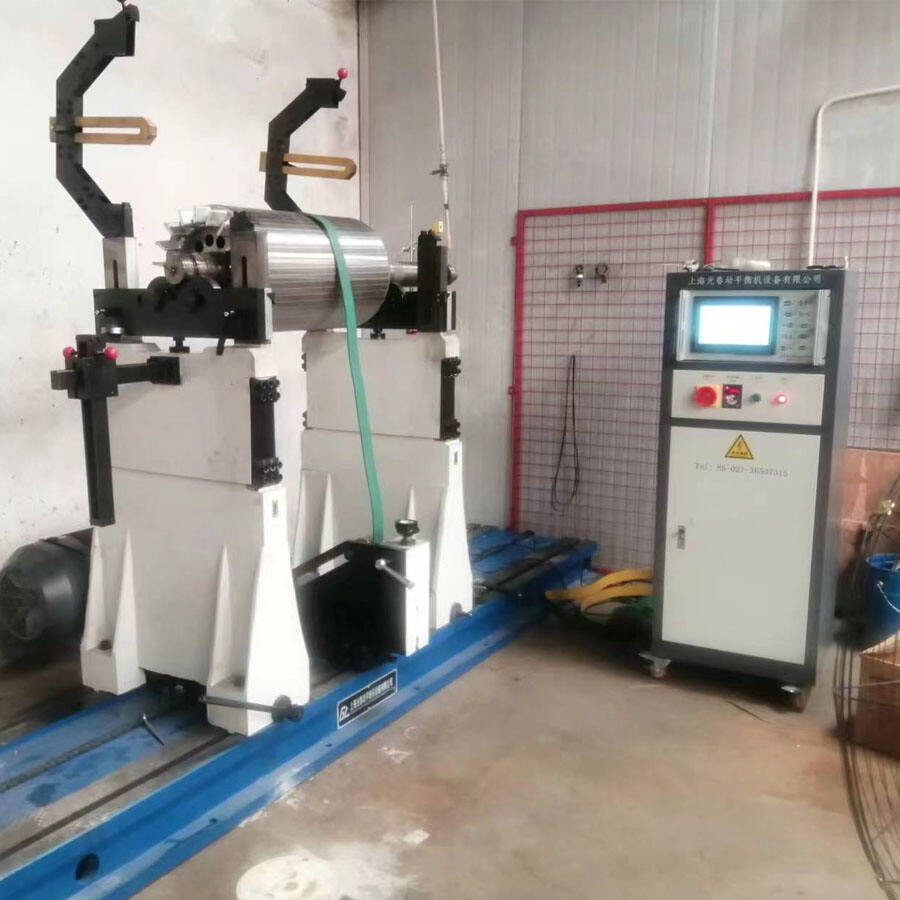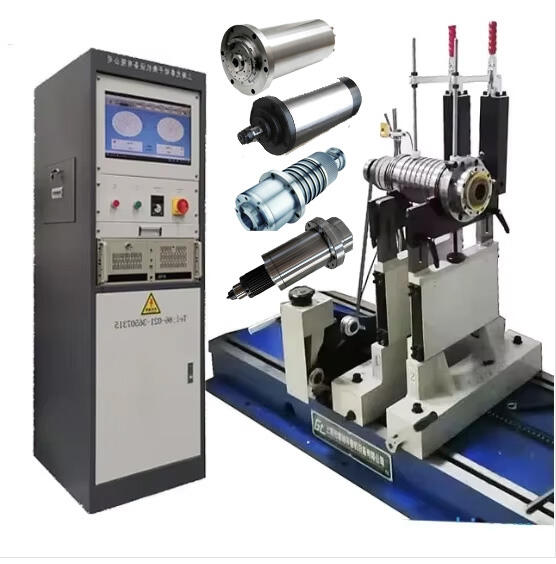high precision technologies
High precision technologies represent the pinnacle of modern manufacturing and measurement capabilities, incorporating advanced systems that achieve unprecedented levels of accuracy and repeatability. These technologies utilize sophisticated sensors, computer-controlled mechanisms, and innovative materials to maintain tolerances down to the microscopic level. At their core, high precision technologies employ state-of-the-art calibration methods, automated correction systems, and real-time monitoring to ensure consistent performance. The applications span across multiple industries, from semiconductor manufacturing to aerospace components, medical devices, and scientific instruments. These systems often integrate machine learning algorithms and artificial intelligence to optimize performance and predict maintenance needs. Key components typically include ultra-precise positioning systems, advanced optical measurement tools, and temperature-controlled environments. The technology enables manufacturers to produce complex parts with tolerances as tight as a few micrometers, while maintaining consistency across large production runs. Modern high precision systems also incorporate digital twins and IoT connectivity, allowing for remote monitoring and predictive maintenance capabilities.


